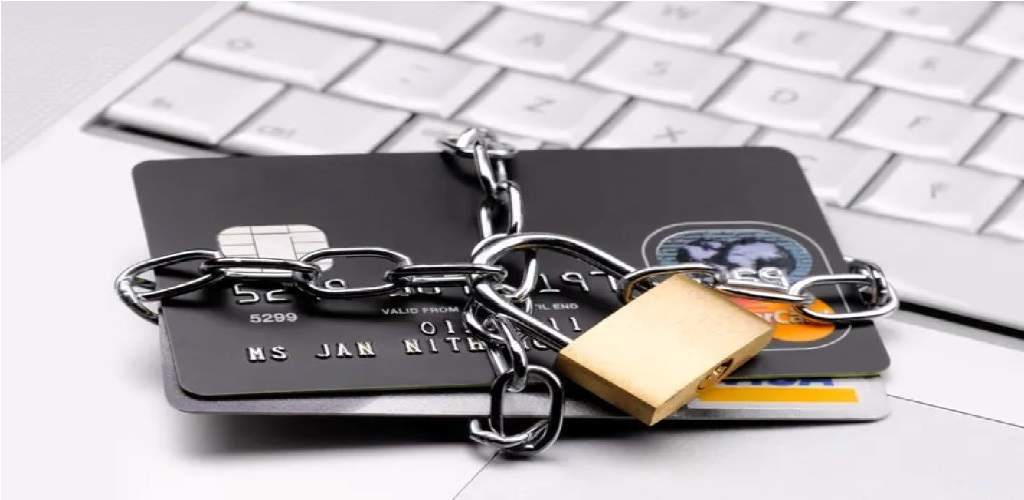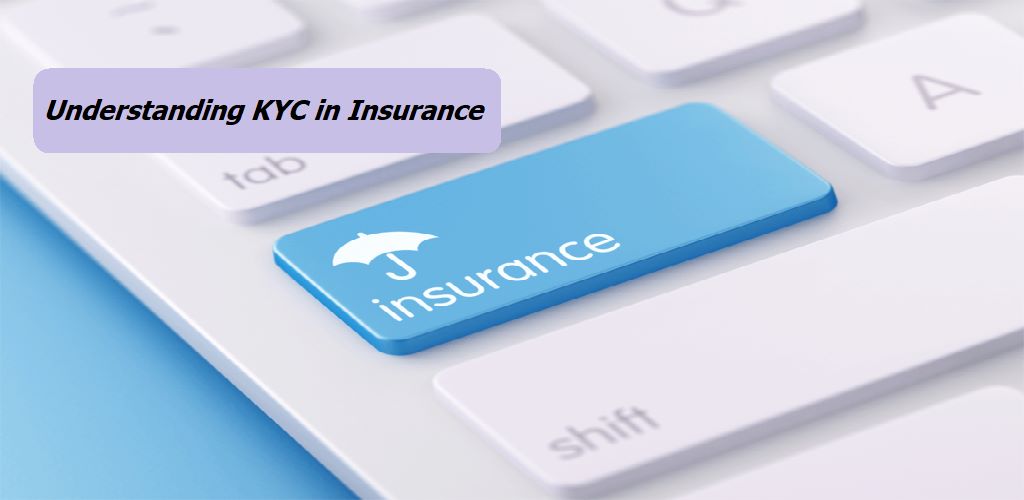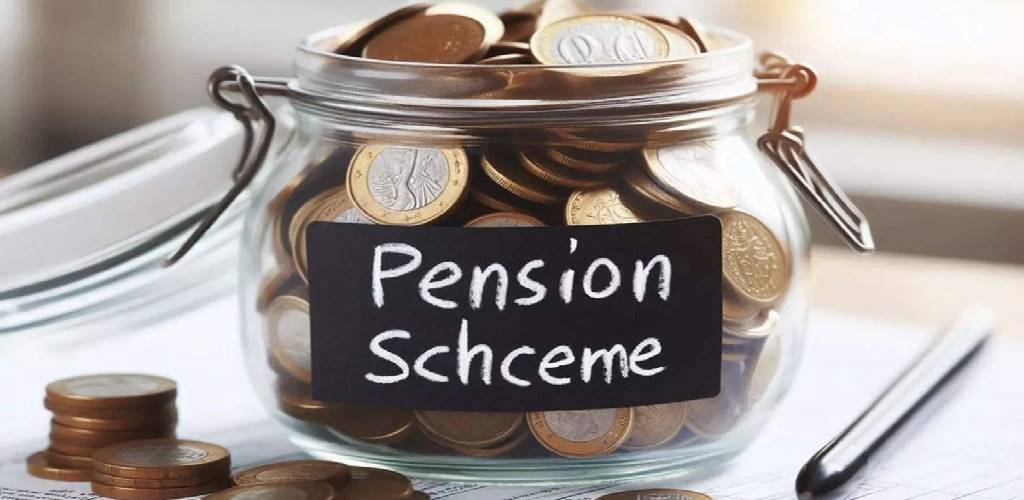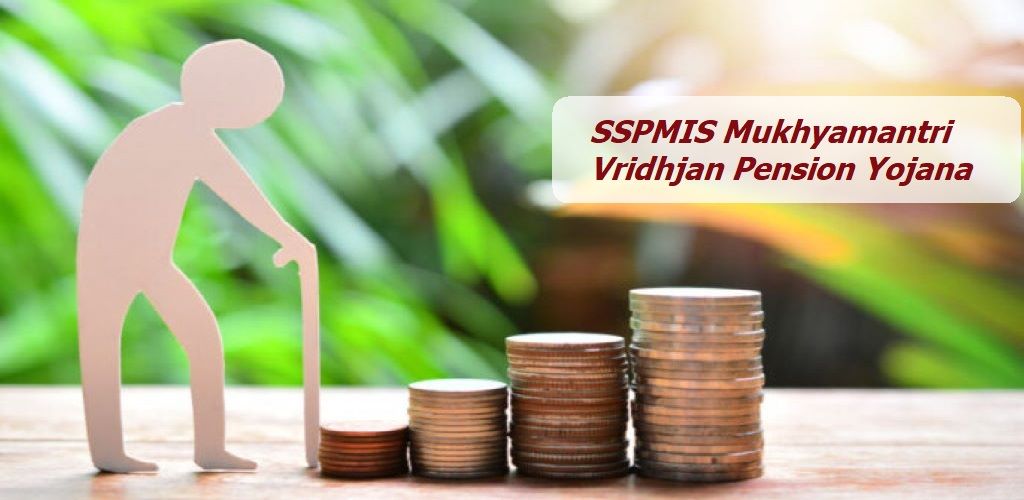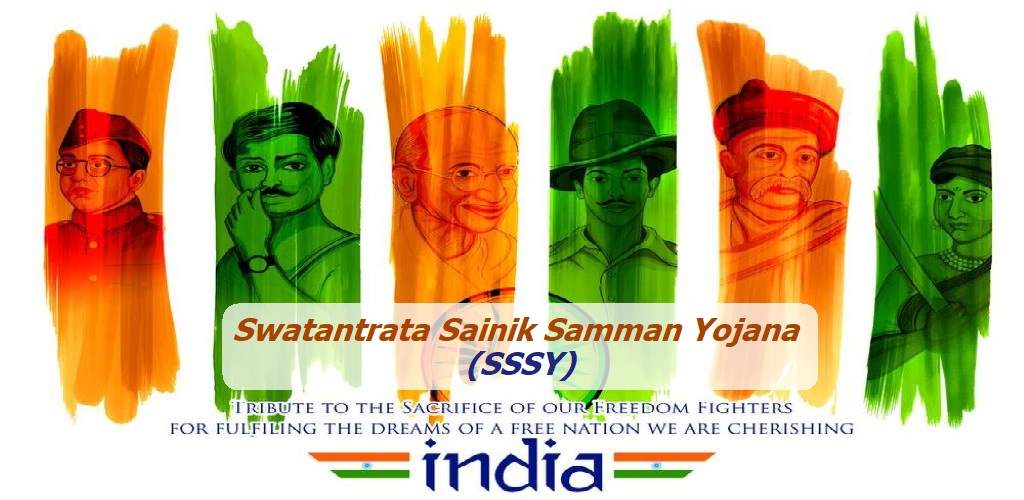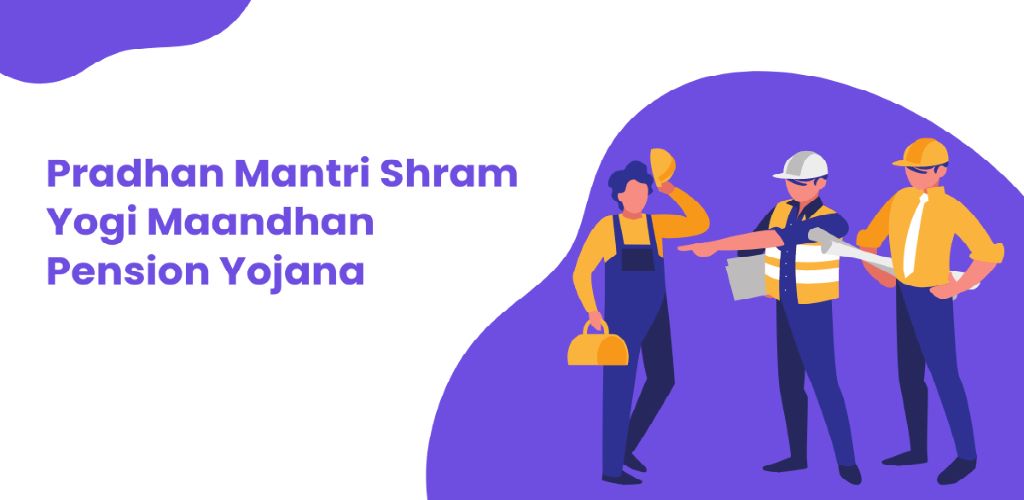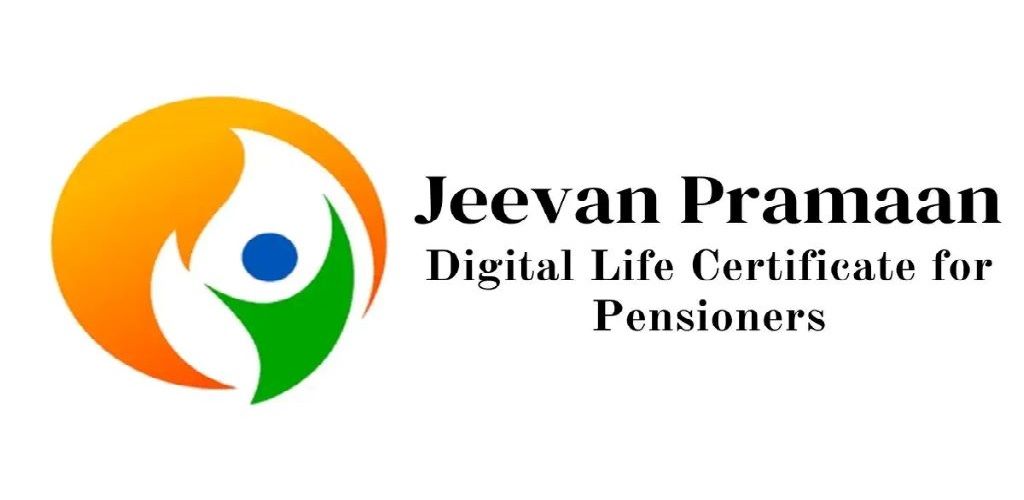Credit card fraud is when someone uses your credit card without your permission to steal your money. In India, credit card fraud cases increased to 12,069 and caused losses of INR 630 crores from April to September 2023-24. In the same period last year, there were only 2,321 cases with losses of INR 87 crores.
Such incidents can make you lose a significant amount of money. It can also affect your credit score, making it hard to borrow money in the future. You might also spend a lot of time fixing the problem and feel stressed. To stop this from happening, you need to be careful with your card.
How Does Credit Card Fraud Happen?
Here are some common ways credit card fraud happens:
- Lost OR Stolen Card: If you lose your card or someone steals it, they can use it to buy things or take money from your account.
- Phishing Scams: Scammers send emails, texts, or make phone calls pretending to be from your bank. They trick you into giving them your card number and other personal information. In 2023, over 79 million phishing attacks were recorded in India.
- Card Skimming: Thieves use a small device called a ‘skimmer’ to copy your card information when you swipe it at a store or ATM. They then use this information to make fake cards or online purchases.
- Data Breaches: Sometimes, big companies also get hacked, and your card information is stolen from their databases. Thieves use this information to commit fraud.
In 2023, India ranked 5th globally for data breaches, with 5.3 million leaked accounts, according to a report by Surfshark, a private virtual network provider.
- Online Shopping: When you shop online on unsafe websites, hackers can steal your card information. They use it to make purchases without your knowledge.
Tips To Prevent Credit Card Frauds
To help keep your money and personal information safe, follow these 13 simple tips:
Regularly Check Account Statements:
Always check your credit card statements every month. Look carefully at all the charges to make sure you recognize them.
If you see something you didn’t buy, contact your bank right away. This helps catch fraud early and can stop further theft.
Use Unique & Strong Passwords:
When you shop online or use online banking, use strong passwords. A strong password has a mix of letters (both uppercase and lowercase), numbers, and symbols.
Don’t use the same passwords for different accounts. This makes it easier for thieves to guess your passwords and steal your information.
Enable 2-Factor Authentication:
Two-factor authentication is an effective method to add an extra layer of protection to your accounts. It usually involves entering your password and then a code sent to your phone or email.
This way, even if someone gets your password, they can’t get into your account without the second code.
Install & Update Antivirus Software On Your Devices:
Antivirus software helps protect your computer and phone from viruses and malware. Make sure you have installed an efficient antivirus software and keep it updated. This can stop hackers from stealing your information through malicious software.
Beware Of Phishing Scams:
Phishing scams are when scammers pretend to be from your bank or another trusted source. They might send you emails, texts, or call you asking for your credit card information.
Never share your card details this way. If you’re not sure, contact your bank directly using a phone number you know is real.
Use Secure Website Only:
When shopping online, make sure the website address starts with “https” and has a padlock symbol (🔒). This means the site is secure. Avoid entering your card information on websites that don’t have these security features.
Keep Credit Card Information Private:
Don’t share your credit card number, expiration date, or CVV number with anyone. Only enter this information on trusted and secure websites. Be careful when entering your card details in public places where someone might see them.
Store Physical Cards Safely:
Keep your physical credit cards in a safe place when you’re not using them. Don’t leave them lying around where someone could easily take them. Consider using a wallet or a safe at home to store your cards.
Report Lost/Stolen Cards Immediately:
If you lose your credit card or it gets stolen, report it to your bank immediately. They can cancel the card and stop any unauthorized transactions. The sooner you report it, the better.
Report Suspicious Activity Immediately:
If you see any charges on your account that you don’t recognize, contact your bank right away. They can help you investigate and stop further fraud. Quick action can save you from losing more money.
Avoid Sharing CVV Or PIN:
Your PIN (Personal Identification Number) and CVV (Card Verification Value) are secret codes that help keep your card secure. Never share these numbers with anyone. Only use them when making transactions where you are sure it’s safe.
Use EMV Chip Cards:
EMV chip cards are more secure than cards with just a magnetic stripe. The chip creates a unique code for each translation, making it harder for thieves to copy your card. If you have the option, use your chip card instead of swiping.
Educate Yourself About Common Fraud Schemes:
Learn about the common types of credit card fraud schemes so you can recognize them. This includes techniques like ‘skimming’ (where thieves use a device to copy your card information) and ‘online scams’. Knowing what to look out for can help you avoid becoming a victim.
What To Do If You’re Scammed?
Here are some of the actions that you can take if you find out that you have been scammed:
Contact Bank/Institution/Customer Support Immediately:
The first thing you should do is contact your bank or the company that issued your credit card. Tell them about the scam right away.
File A Dispute As Soon As Possible:
You can also file a dispute. This means you are telling your bank that a charge on your account is not legible. They will investigate the issue and may refund your money if they find it was a scam.
Review Your Account:
Look carefully at your account statements. Check for any other charges you don’t recognize.
Sometimes, scammers will make small charges to see if you notice. Make a list of any suspicious charges and report them to your bank.
Update Your Security:
Please immediately change your passwords for your online banking and any other accounts linked to your credit card. This time, use strong passwords that are hard to guess.
Cancel Or Freeze Your Credit Card:
Ask your bank to cancel your current credit card and issue a new one. This stops the scammers from using your old card.
You can also ask your bank to freeze your card, which means no one can use it until you unfreeze it.
File A Police Report If Necessary:
If the scam was serious, file a police report. This is especially important if you have lost a lot of money.
The police can investigate and sometimes help catch the scammer. Having a police report can also help when you talk to your bank or credit card company.
Follow Up:
After you have done all these steps, keep in touch with your bank or credit card company. Make sure they are taking action to resolve your issue. Sometimes, it takes a while to get your money back, so be patient and keep following up.
Frequently Asked Questions
Listed below are the frequently asked questions related to the credit cards frauds.
Look for charges on your statement that you don’t recognize or didn’t make.
Yes, banks usually refund the money after they investigate the fraudulent charge.
Yes, avoid entering your credit card information on public WiFi because it can be less secure.
Yes, they can use your card number for online purchases, so keep it private.
Yes, if you share personal information like your card number or photos of your card online, thieves can use it.
Yes, thieves can steal your mail to get your card statement and information.
It’s better not to write it down. If you must, keep it in a very secure place.
Although receipts usually don’t have full card numbers, it’s still a good idea to keep your receipts private.

